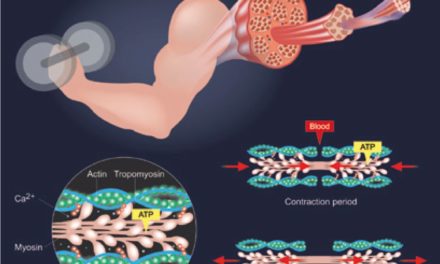Benefits of α‑lipoic acid in high‑risk pregnancies (Review)
AIDA PETCA1,2*, MIHAELA BOT1,2*, NICOLETA MARU3*, IOANA GABRIELA CALO2, ANDREEA BORISLAVSCHI2, MIHAI CRISTIAN DUMITRASCU1,4, RAZVAN‑COSMIN PETCA5,6, FLORICA SANDRU7,8 and MONA ELENA ZVANCA1,2
1Department of Obstetrics and Gynecology, ‘Carol Davila’ University of Medicine and Pharmacy, 050474 Bucharest;
2Department of Obstetrics and Gynecology, Elias Emergency University Hospital, 011461 Bucharest;
3Department of Anatomy, ‘Carol Davila’ University of Medicine and Pharmacy, 050474 Bucharest;
4Department of Obstetrics and Gynecology, University Emergency Hospital, 050098 Bucharest;
5Department of Urology, ‘Carol Davila’ University of Medicine and Pharmacy, 050474 Bucharest;
6Department of Urology, ‘Prof. Dr. Th. Burghele’ Clinical Hospital, 050659 Bucharest; 7Department of Dermatology,
‘Carol Davila’ University of Medicine and Pharmacy, 050474 Bucharest; 8Department of Dermatology,
Elias Emergency University Hospital, 011461 Bucharest, Romania
Abstract α‑Lipoic acid (ALA) is a natural molecule that is inconsistently synthesized by the human body and must be provided from exogenous sources, such as food and dietary supplements. Once absorbed, the oxidized form of ALA is transformed into its reduced form, dihydrolipoic acid (DHLA). ALA/DHLA exert direct and indirect antioxidant, anti‑inflammatory and fine immunomodulatory effects. ALA/DHLA reduce the levels of pro‑inflammatory cytokines (IL‑1β, IL‑6, IL‑8 and IL‑17), while increasing the secretion of anti‑inflammatory cytokines (IL‑10). They also inhibit cyclooxygenase 2, thereby decreasing the secretion of prostaglandin E2 and nitrogen oxide, and reducing the risk of miscarriage in the first trimester of pregnancy. In patients at risk of abortion, administration of ALA from the first trimester has shown efficacy by accelerating subchorionic hematoma resorption, with a significant decrease in the accompanying abdominal pain. ALA has been proven to be efficient in maintaining the length of the cervix and keeping it closed following one episode of premature labor. Preeclampsia is a dysfunction caused by abnormal placentation and an excessive maternal inflammatory response, leading to extreme hypoxia in the placental bed and exaggerated oxidative stress, with release of oxygen free radicals. Oxidative stress plays a key role in the development of preeclampsia and intrauterine growth restriction. The hypothesis of antioxidant supplementation may play an essential part in disease prevention and fetal neuroprotection.
( …)
Keywords
α‑lipoic acid, miscarriage, preterm delivery, preeclampsia, antioxidant, immunomodulator, cytokines








